Posted on 7/27/2022
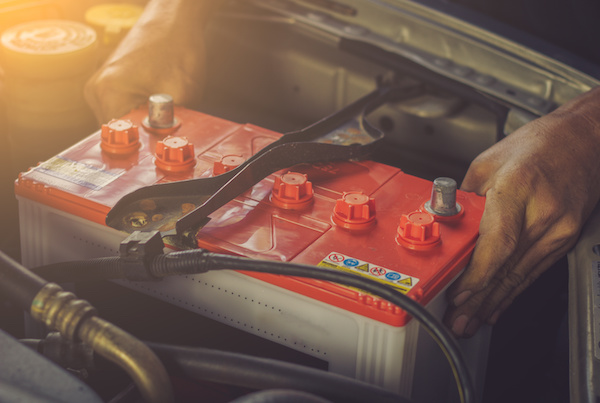
A car battery plays a crucial role in cars by providing electrical current to the vehicle. The critical role is to offer power to start and activate the car's engine. That means that it is significant to keep an eye on the symptoms of a weak car battery. Check on the following five signs of a dying car battery. 1. The engine takes time to start A healthy car battery starts fast once the key is turned on. If the Car battery fades, then it can lead to an impact on how smooth the engine often starts. When it is slow, then the battery might be the problem. 2. Failure of the engine to start When the engine fails to start entirely after ignition, then the little hope remaining is gone. The car battery is likely dead when the engine fails to start completely after ignition. 3. Coated or corroded battery Before ignition, make a habit of self-inspection. Take time to peep through the car battery. If the battery has blue corrosion on t ... read more
Posted on 6/27/2022
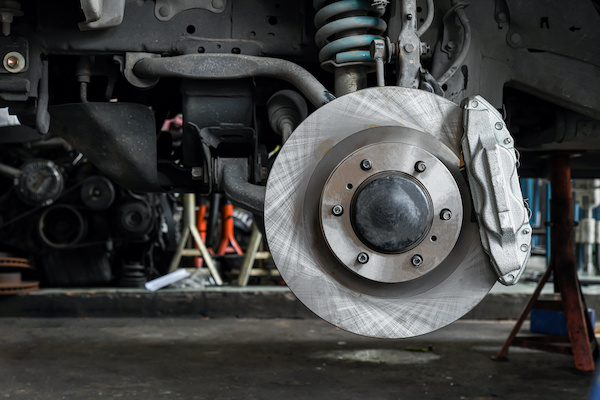
Did you know any brake-related problem raises serious safety concerns when driving? Even something small such as your vehicle vibrating when you brake, should not be ignored. But what makes your car to shudder when braking? Here are some useful insights that are tailored to help you maintain a healthy braking system. Problems with the Tires or Wheels If your car is unusually shaking when braking, especially from high speeds or when driving downhill, it may be an indicator of tire or wheel problem. Misaligned and unbalanced wheels cause shaking of your car when slowing down. Old tires can also result in the aforementioned scenario. That's why if you've got a shaking car, you should consider replacing your tires (If it's the source of the problem) ASAP. If it's an alignment or balancing issue, visit your local auto technician to have the problem corrected. Brakes Problem The braking system itself could be the source of your car shaking when slowing down. You see, mo ... read more
Posted on 5/26/2022
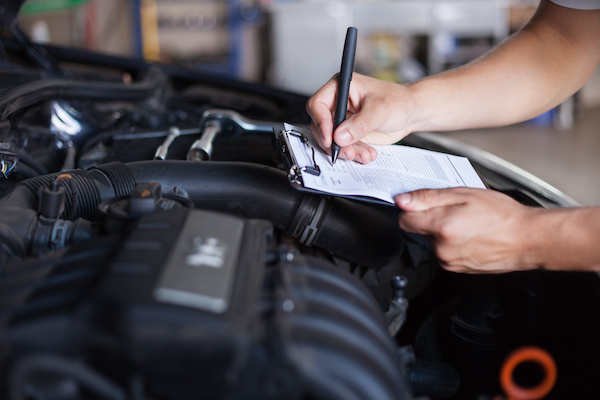
When you buy your car from a manufacturer, they schedule 30/60/90K vehicle maintenance. The prescription is done because the manufacturer has the best knowledge of the vehicles they sell in the market. The maintenance service will ensure that your car operates well while cruising. No matter how efficient your car is functioning, parts of the vehicle require constant maintenance after some time. Therefore, car manufacturers use 30K, 60K, and 90K miles as the parameters that tell you that your car's parts need servicing. The parameters are easy to remember, and strictly adhering to taking your vehicle for maintenance at each interval will significantly improve your car's life span. However, any certified mechanic can do the maintenance service apart from the manufacturer. It, therefore, saves you the hassle of having to go back to the manufacturer after every 30k miles. What Does a Mechanic Repair During 30/60/90K Car Maintenance? A mechanic will check up on v ... read more
Posted on 4/28/2022
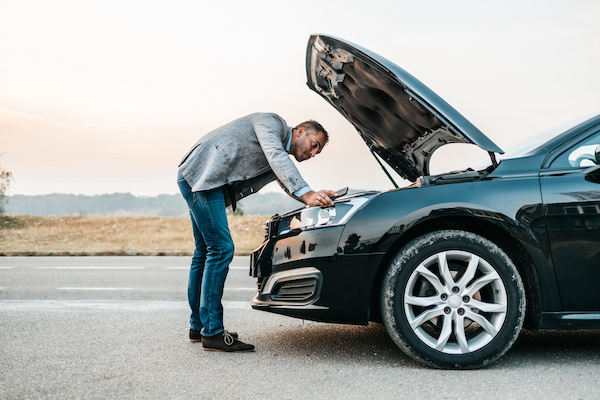
It can frustrate you when a car stalls. You've planned to do an errand, go to work or go for a ride. But it can be dangerous if it stalls when you drive, so it's important to figure out why it's happening. The guide below will tell you why and what you can do if your car stalls. 6 Reasons The Car Stalls 1. Bad Battery This is the top reason a car would stall. You'll have to check if you have a bad battery by doing a battery test. You can use a digital voltmeter to see how much of a charge a battery has. If it doesn't have at least 12.45 volts, it's time to change the battery. 2. Fuel Tank is Empty A vehicle can not run without gas (unless you have a hybrid or electrical one). So when you have an empty tank, your car simply won't run. 3.Bad alternator A good alternator makes sure all the electrical parts in your car works. If it fails, it means that you'll need to replace it as soon as possible as your lights and battery depend on this. 4. Coolant ... read more
Posted on 3/28/2022
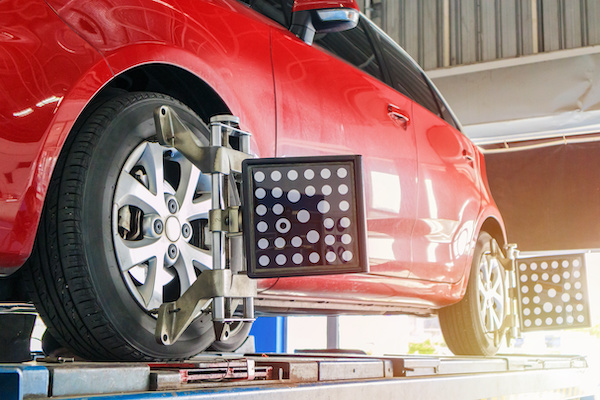
If you're experiencing any of the five signs listed below, it's time to head to our auto shop for a wheel alignment. Ignoring these symptoms can lead to bigger and more expensive problems down the road. Steering Wheel Not Returning to Center Position There could be a problem if the steering wheel isn't returning to the center position after you turn. This can be especially noticeable when you're driving on a straight road and let go of the steering wheel for even just a second. If it doesn't quickly return to the center or seems to be "stuck" in one position, it's time to get your car aligned. Tires Wearing Down Quickly You need a wheel alignment is if your tires are wearing down quickly. This can be due to several factors, but if you notice that your tires seem to be balding or developing unusual wear patterns, it's likely time for a realignment. Car Pulling to One Side If your car starts pulling to one side when you're driving, it coul ... read more